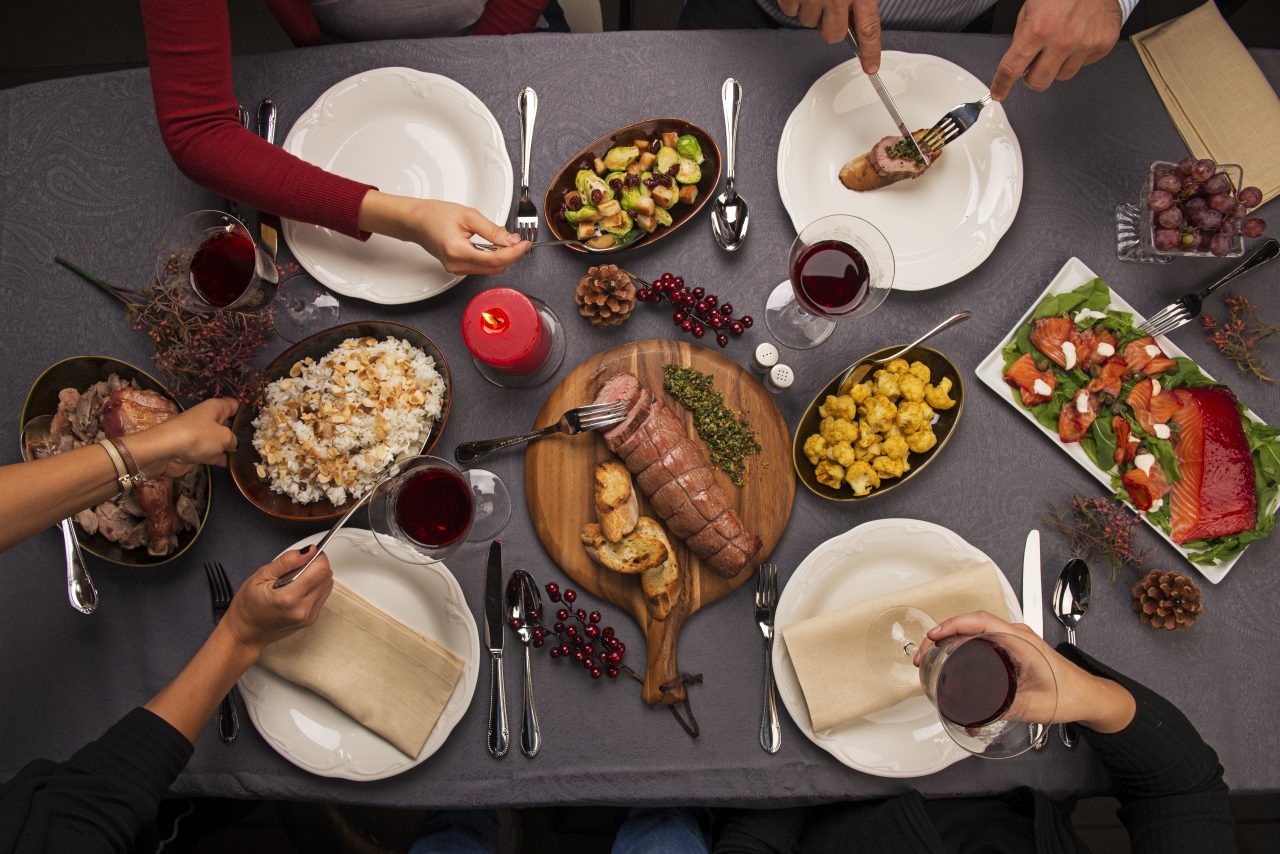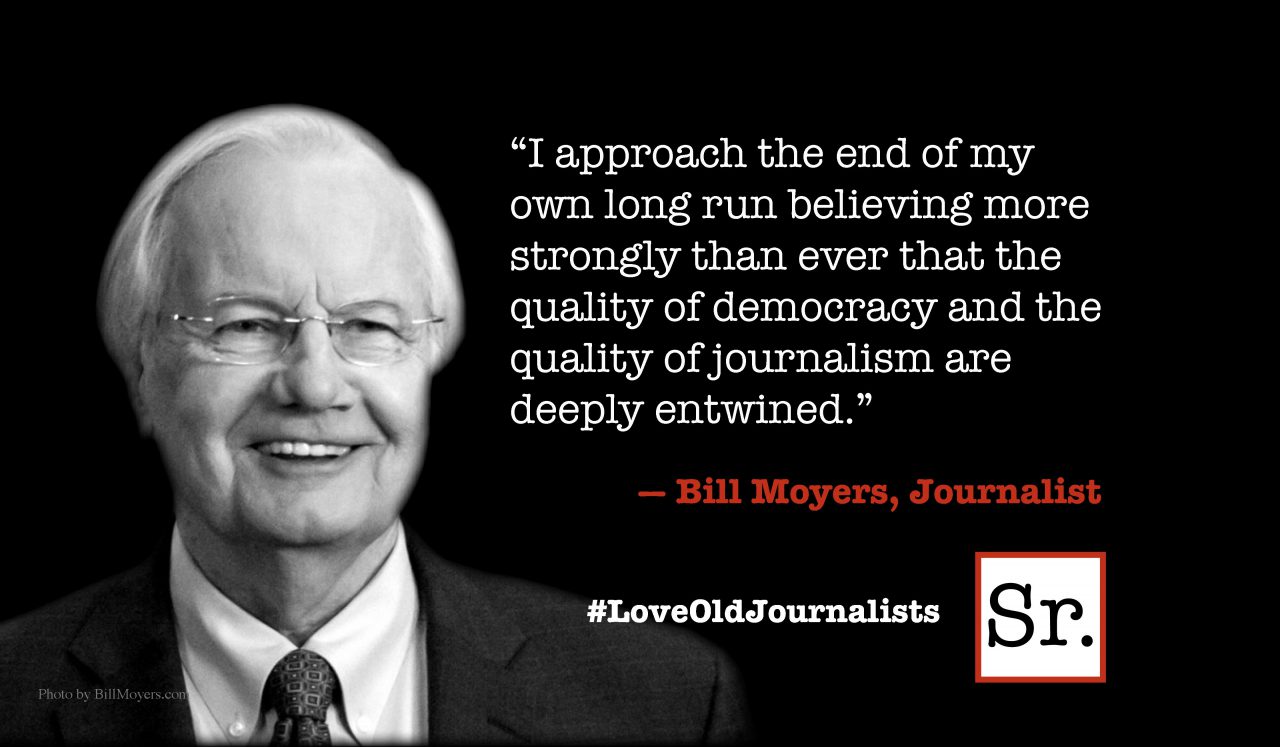Q: My husband and I are looking forward to hosting our children and grandchildren over the Holidays—or were. We were recently informed that our 30-something daughter and two of her children have decided to go completely “vegan” and gluten-free and will only eat food that is devoid of any and all animal and wheat products. I have always cooked for omnivores. Now I’m informed that I must prepare one meal for ten people and another entirely separate meal for three people. Furthermore, my daughter has informed me that should I regard cooking two meals as a hassle, they will bring their own food. Am I right in thinking that there’s something very self-centered about telling someone they must cooperate in your dietary choices or you will bring your own food? If so, what is your advice?
A: Your assessment of this situation is right on target. But you need to understand—if you don’t already—that teaching proper manners to children is no longer the norm. Putting consideration of others before consideration of one’s self began to go down the child-rearing drain in the 1970s. Even if you raised your daughter to know better, the culture now exerts more influence upon her than her upbringing.
It is inconsiderate to expect one’s host to cooperate in dietary preferences that are just that—preferences. It’s one thing if eating vegan and/or gluten-free is a medical necessity. But if the person in question is not going to break out in a pox, go into convulsions or die if he eats something containing meat, milk, butter, cheese, or wheat, then said person ought to take a diet holiday when he/she is a guest in someone else’s home. And that includes bringing one’s own food—in this case, refusing to participate in a special, once-a-year meal that you have taken some pains to prepare.
There is a distinct whiff of narcissism to this. But keep in mind that you’re dealing with Generation Entitlement. If informed that expecting you to cater to arbitrary food “issues” is inconsiderate, the strong likelihood is that you will be told in one way or another that you are unreasonable, rigid, uncompromising, and worse. In other words, you will become the bad actor. Furthermore, the very persons who need to re-evaluate their behavior will see no need to do so and, in fact, will probably pump themselves up with a surfeit of self-righteousness.
When they were living under our roof, my wife and I told our children that a guest in someone’s home eats what the host prepares, even if the guest doesn’t really care for the food in question. To do otherwise is rude. If a guest has a medical issue that requires certain dietary considerations, said guest is obligated to inform the host well in advance so that an accommodation can be made without haste. But that was then, and this is now, and now is all about individuality.
So, the choice you face is one of simply rolling with this peccadillo or making an issue of it. I advise you to just roll with it. Tell your daughter you’d be forever grateful if she’d bring the necessary food. Oh, and tell them to bring their own stove and oven while they’re at it.
Just kidding, of course—in the spirit of the Holidays.









